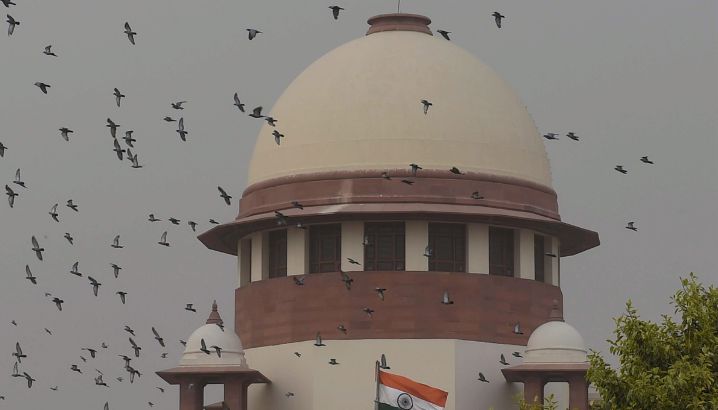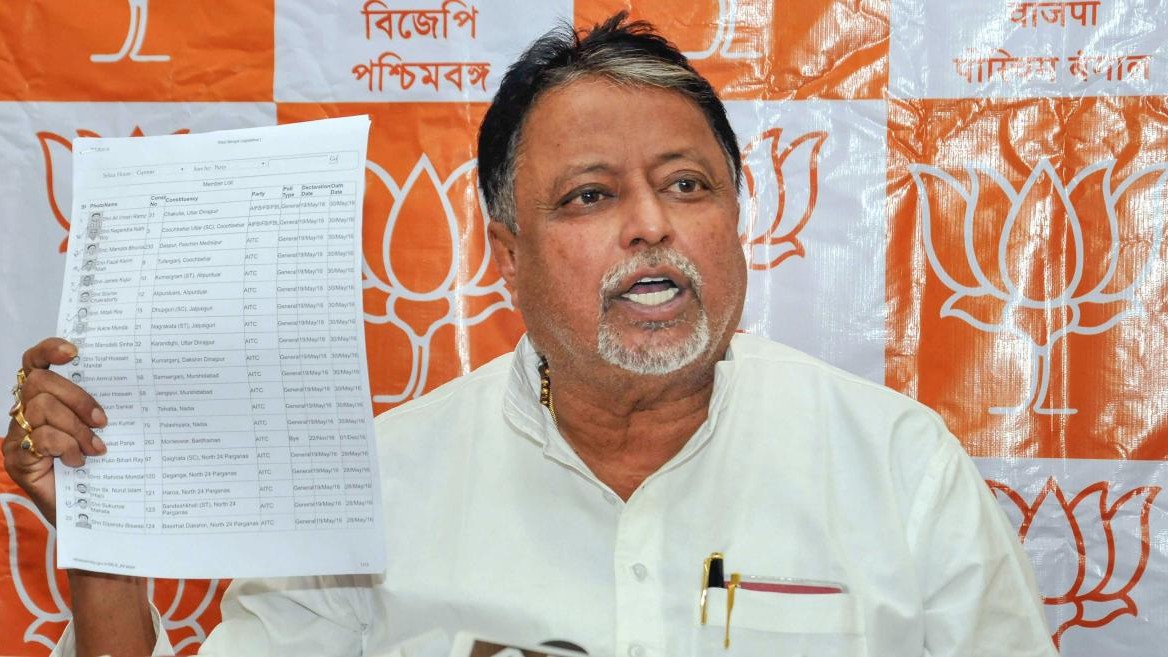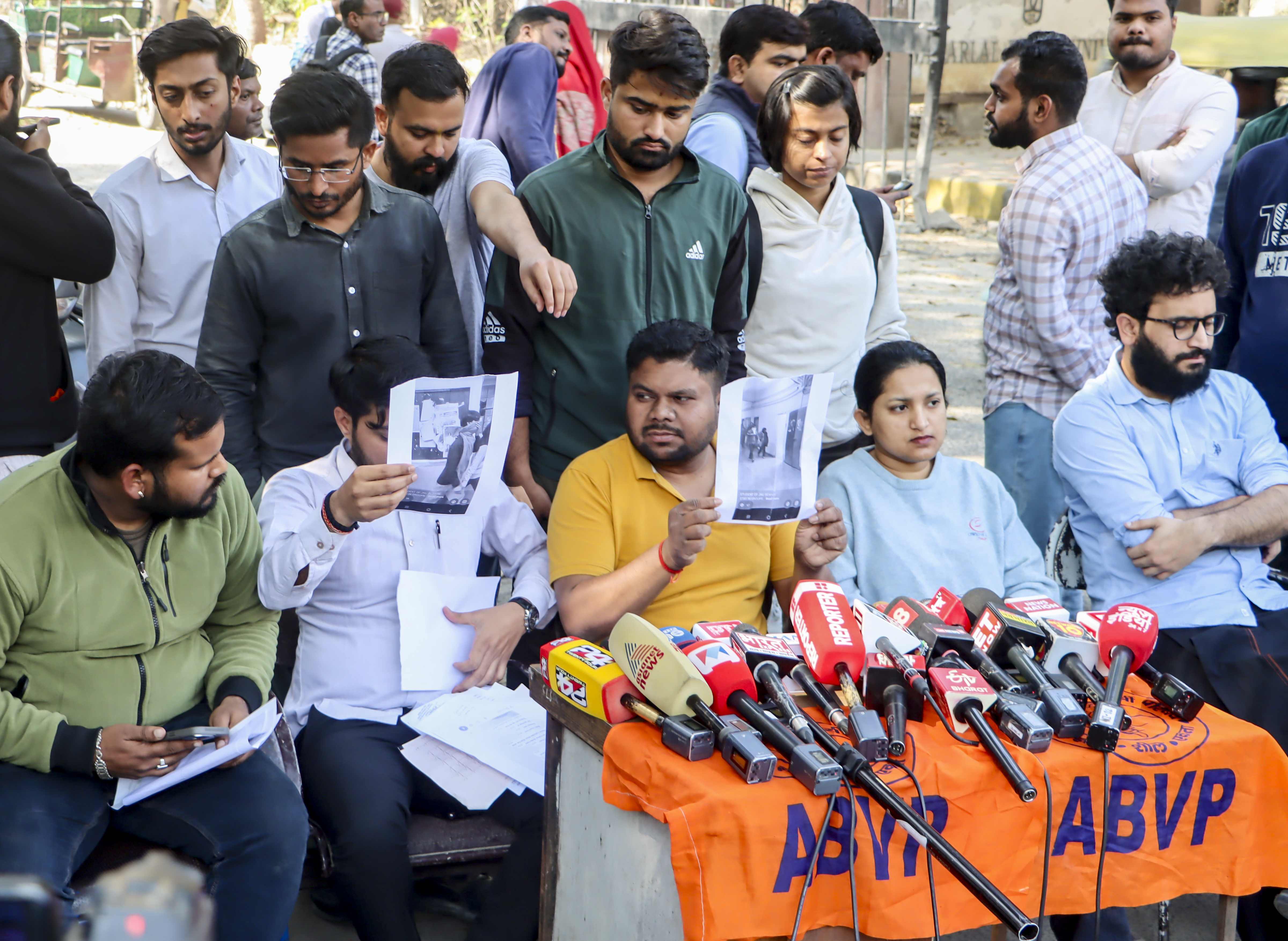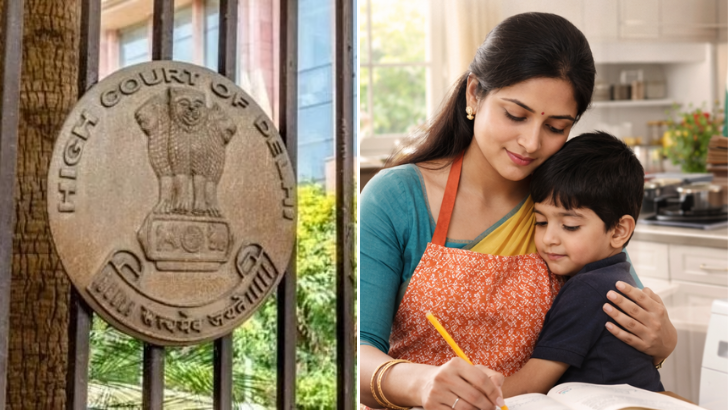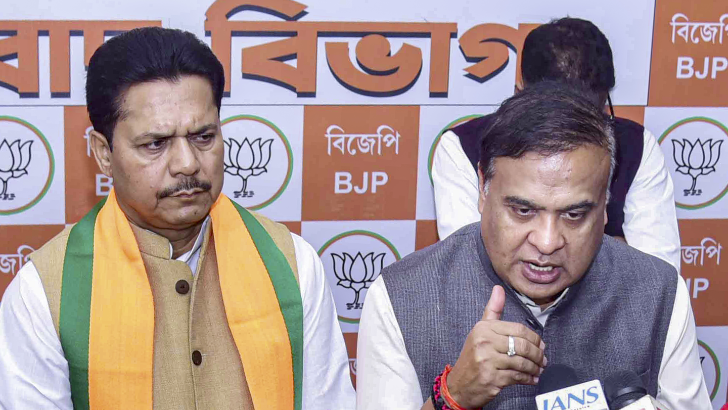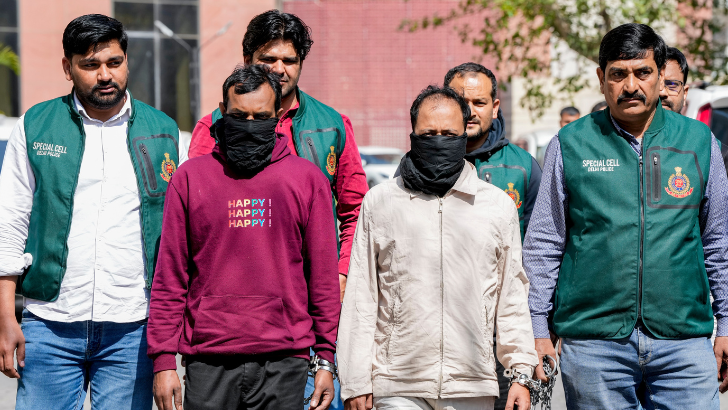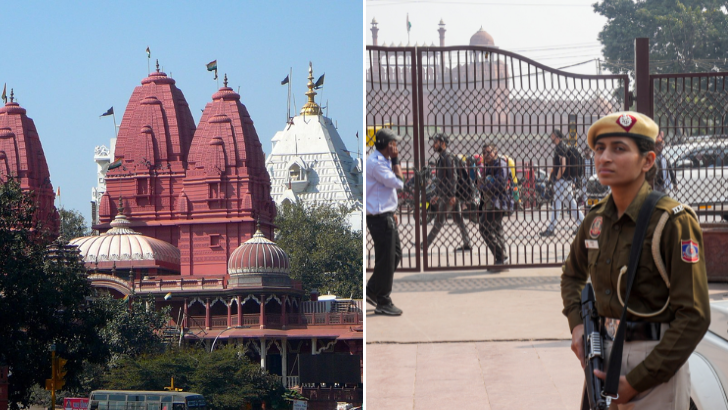'Struggling with 140 crore people, India not dharamashala': SC on foreign convict plea
The petitioner's counsel said his client was facing threats of arrest and torture in his country, Sri Lanka, as he was a former LTTE member.
PTI
-
Supreme Court of India
New Delhi, 19 May
The Supreme Court on Monday observed the country was not a
"dharamshala" or a public shelter to accommodate foreign nationals
from across the globe.
A
bench of justices Dipankar Datta and K Vinod Chandran was hearing a plea
challenging an order of the Madras High Court directing the petitioner, a Sri
Lankan citizen, to leave the country after finishing his seven-year sentence in
an Unlawful Activities (Prevention) Act (UAPA) case.
"Is
India to host refugees from all over the world? We are struggling with 140
crore people… This is not a dharmshala that we can entertain foreign nationals
from all over the world," the bench said.
The
petitioner's counsel said his client was facing threats of arrest and torture
in his country as he was a former Liberation Tigers of Tamil Eelam (LTTE)
member, and that his wife and children had settled in India.
The
bench, however, said the fundamental right to settle in India was available
only to its citizens and that there was no violation of his rights under
Article 21 (protection of life and liberty) of the Constitution.
"What
is your right to settle here," the bench said, "go to some other
country."
The
petitioner was sentenced under Section 10 (penalty for being a member of an
unlawful association) of the UAPA Act.
The
Madras High Court while reducing his sentence from 10 years to seven directed
him to leave the country immediately.
On 16
May, another apex court bench rapped the petitioners who claimed 43 Rohingya
refugees, including women and children, were dropped in the Andaman sea for
deportation to Myanmar and said, "when the country is passing through a
difficult time, you come out with fanciful ideas."
The
top court was then informed that some refugees having United Nations High
Commissioner for Refugees (UNHCR) cards, including women and children, were
arrested by police authorities late last night and deported.
"If
they (Rohingyas) are all foreigners and if they are covered by the Foreigners'
Act, then they will have to be dealt with as per the Foreigners' Act," the
bench had said while adding that UNHCR-issued identity cards may not be of any
help to them under the law.
On 8
May, the top court said if Rohingya refugees in the country were found to be
foreigners under Indian laws they would have to be deported.
Leave a Reply
Your email address will not be published. Required fields are marked *








